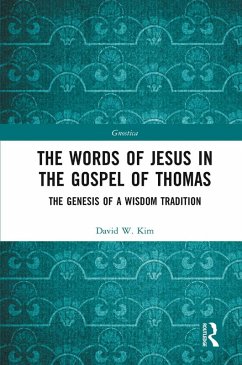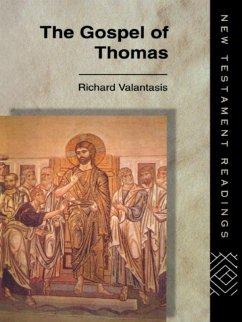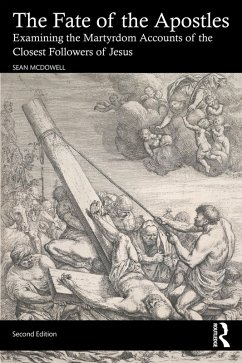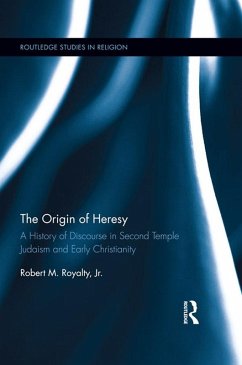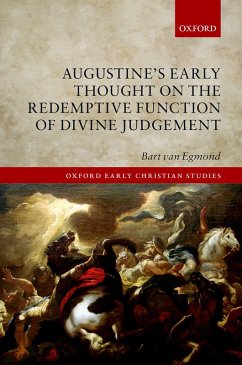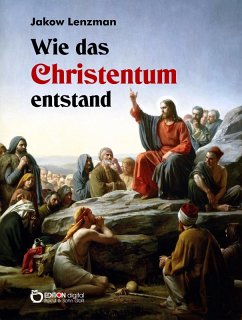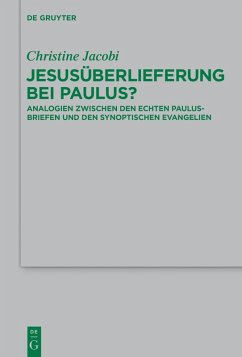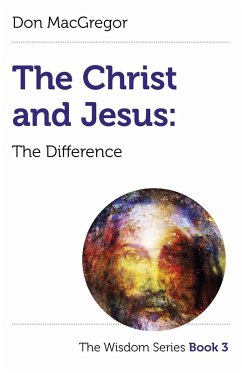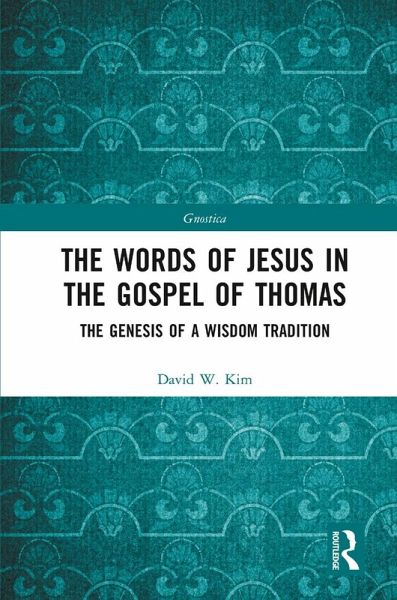
The Words of Jesus in the Gospel of Thomas (eBook, ePUB)
The Genesis of a Wisdom Tradition
Versandkostenfrei!
Sofort per Download lieferbar
39,95 €
inkl. MwSt.
Weitere Ausgaben:

PAYBACK Punkte
20 °P sammeln!
This book offers a detailed analysis of the Gospel of Thomas in its historic and literary context, providing a new understanding of the genesis of the Jesus tradition. Discovered in the twentieth century, the non-canonical Gospel of Thomas is an important early text whose origins and place in the history of Christianity continue to be subjects of debate. Aiming to relocate the Thomasine community in the wider context of early Christianity, this study considers the Gospel of Thomas as a bridge between the oral and literary phases of the Christian movement. It will therefore, be useful for Relig...
This book offers a detailed analysis of the Gospel of Thomas in its historic and literary context, providing a new understanding of the genesis of the Jesus tradition. Discovered in the twentieth century, the non-canonical Gospel of Thomas is an important early text whose origins and place in the history of Christianity continue to be subjects of debate. Aiming to relocate the Thomasine community in the wider context of early Christianity, this study considers the Gospel of Thomas as a bridge between the oral and literary phases of the Christian movement. It will therefore, be useful for Religion scholars working on Biblical studies, Coptic codices, gnosticism and early Christianity.
Dieser Download kann aus rechtlichen Gründen nur mit Rechnungsadresse in A, B, BG, CY, CZ, D, DK, EW, E, FIN, F, GR, HR, H, IRL, I, LT, L, LR, M, NL, PL, P, R, S, SLO, SK ausgeliefert werden.




